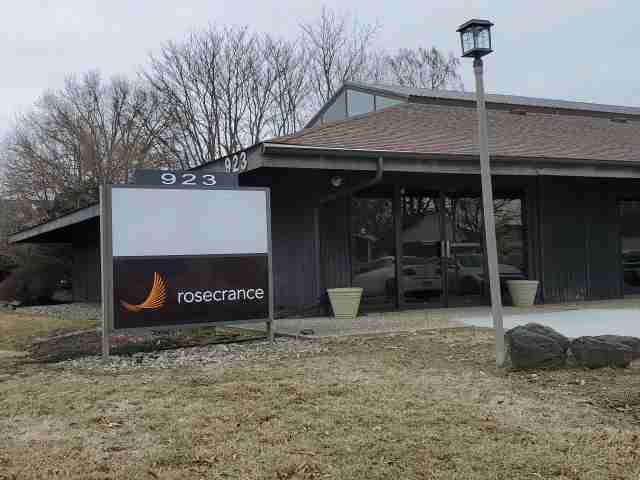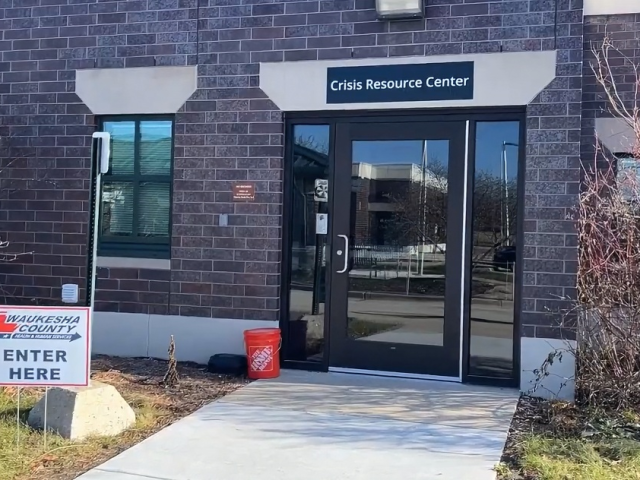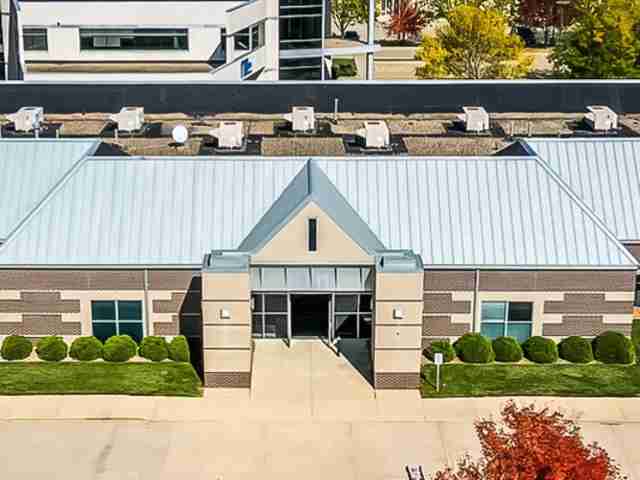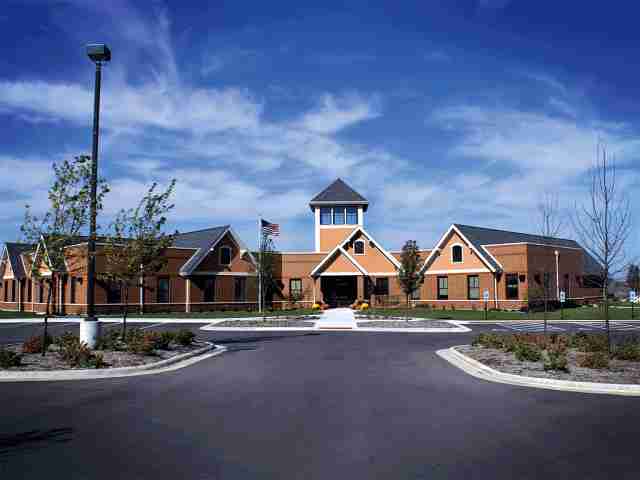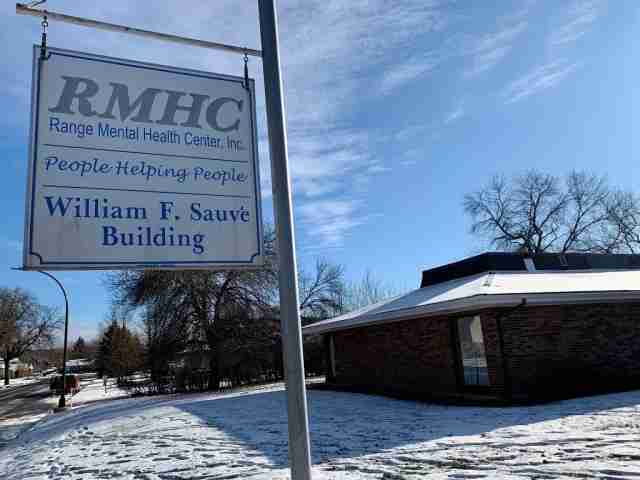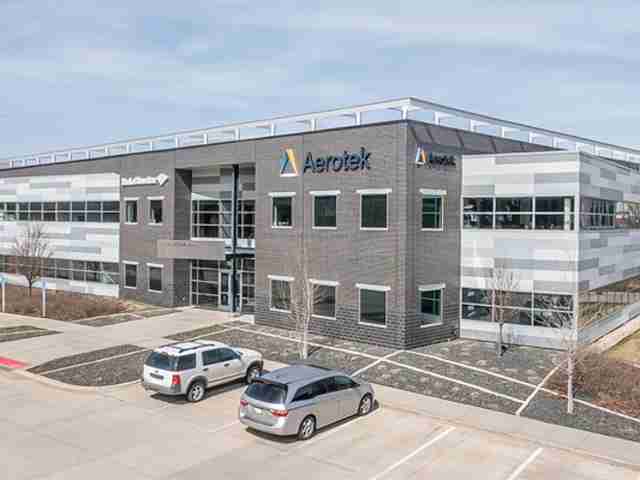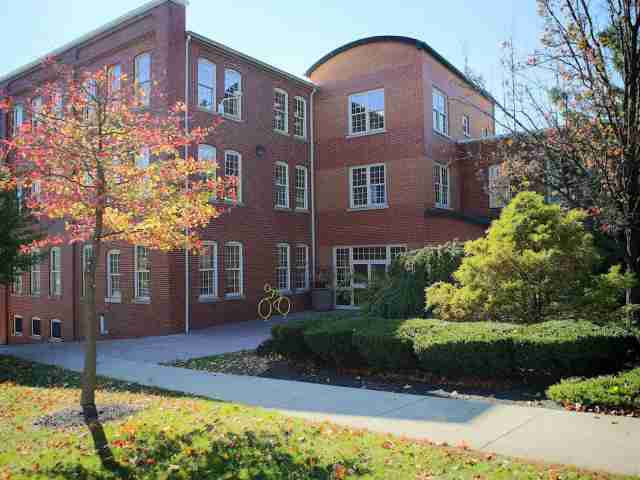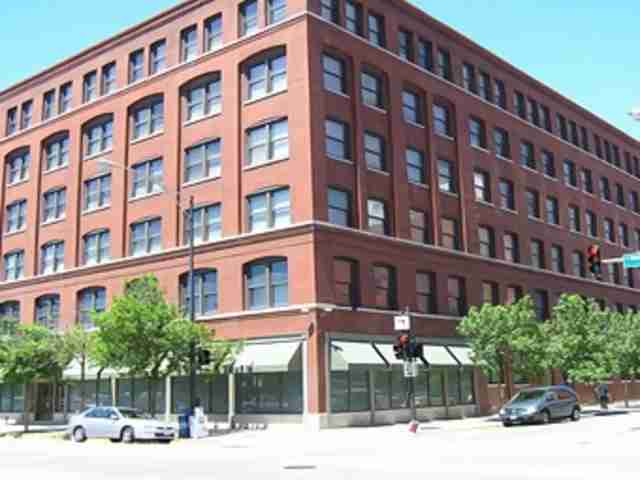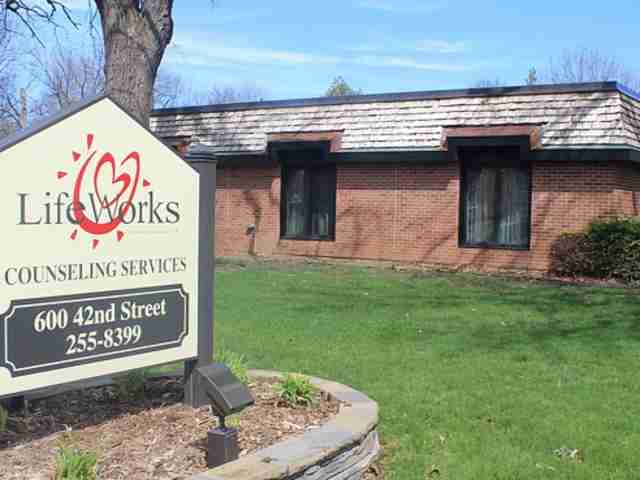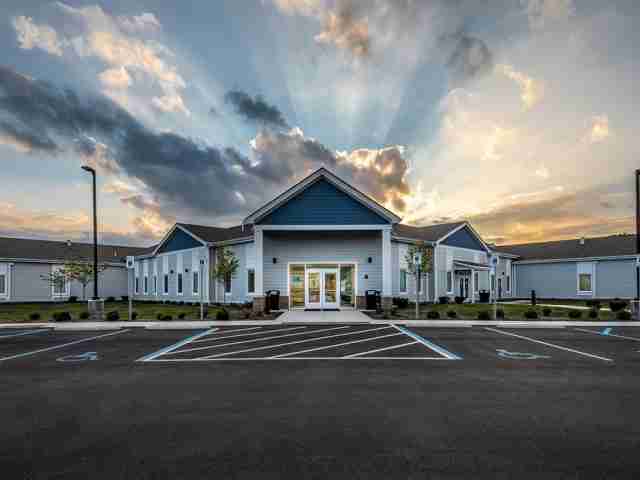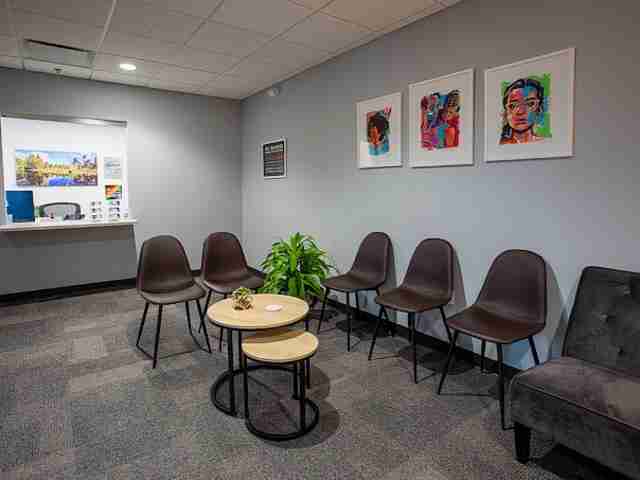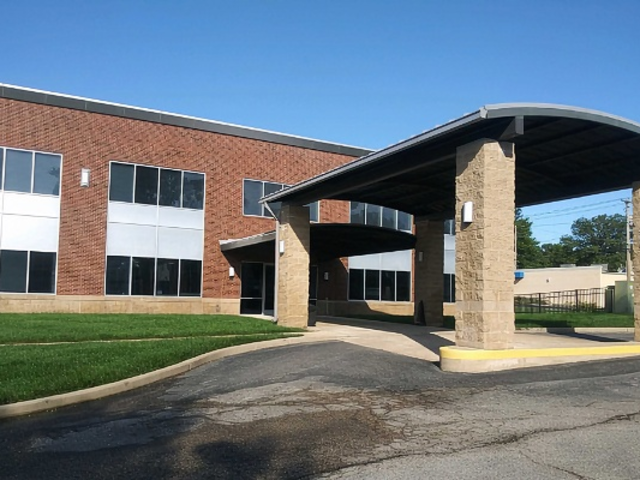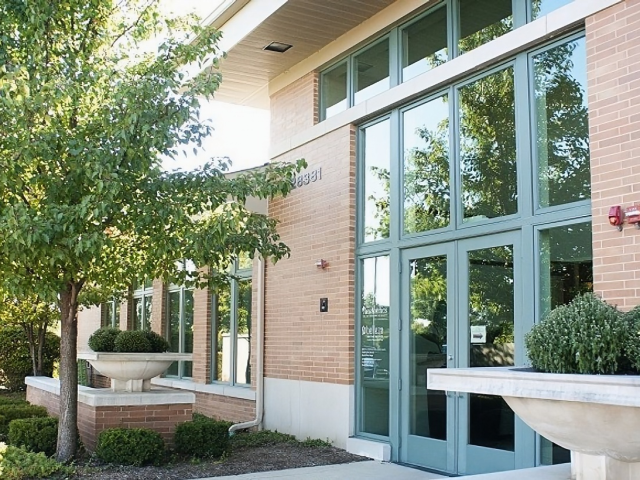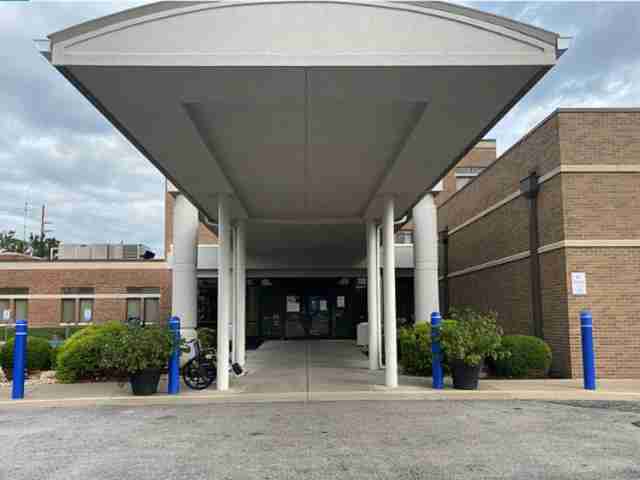More About Rehabs Accepting Medicare
Drug & Alcohol Rehab Covered by Medicare
Medicare is a federal health insurance program that provides coverage for people who are over the age of 65, or who are younger than age 65 and have certain disabilities or health conditions.(1)
Members who are struggling with an addiction to drugs or alcohol may benefit from certain treatment services that are fully or partially covered by Medicare.(2)
If you or someone you love is living with an addiction and has Medicare, you might have some questions such as “Does Medicare cover rehab?” or “Does Medicare cover addiction treatment?” In this article, we will answer those questions, plus explore everything you need to know about using Medicare coverage for drug or alcohol rehab.
What is Medicare?
Medicare is a health insurance program provided through the U.S. government that assists with the cost of healthcare for nearly 66 million Americans.(1,3) While Medicare offsets some of the cost of healthcare, it doesn’t cover all medical expenses.(1)
People who are eligible to receive Medicare can choose from a few different plans, including Original Medicare (Part A and Part B) or Medicare Advantage, which often includes additional benefits like dental, vision, and prescription drug coverage (Part D).(1) The type of plan that you have will determine how much you’ll pay out-of-pocket when using Medicare coverage for services like drug and alcohol rehab.(1)
Does Medicare Cover Drug & Alcohol Addiction Treatment?
Yes, Medicare offers coverage for drug and alcohol treatment, however the amount of coverage you’ll receive depends on your specific plan and additional factors, such as whether you need inpatient or outpatient care.(4)
By law, insurance companies are required to offer coverage for substance use disorders and mental health disorders at the same level as coverage for medical and surgical benefits.(5)
Which Types of Addiction Treatment Does Medicare Cover?
Rehab facilities offer a wide variety of treatment options, and your Medicare plan may cover some or all of the cost of addiction treatment. Your substance use counselor will work with you to help you determine what level of treatment is the right fit for your recovery needs. Types of addiction treatment include:(6)
- Medical detox: An inpatient or outpatient medical detox program can help you manage withdrawal symptoms as you prepare for treatment.
- Inpatient rehab: During inpatient drug and alcohol rehab, you’ll live at the treatment facility and have access to around-the-clock care.
- Partial hospitalization programs: Also known as PHPs, partial hospitalization rehab programs provide a high level of care each day while still allowing you to sleep at home at night.
- Intensive outpatient programs: Intensive outpatient programs (IOPs) for drug and alcohol addiction provide care for several hours a day, several days each week.
- Outpatient rehab: Outpatient addiction treatment programs allow you to receive care on a flexible schedule, and may include counseling, 12-Step programming, group therapy, and more.
How to Use Medicare for Addiction Treatment & Rehab
If you’re ready to start treatment, learning more about using Medicare health insurance coverage for rehab can be your first step toward recovery. To learn more about using Medicare when paying for addiction treatment, you can call the number on the back of your Medicare card to talk with a representative who can explain your benefits. You can also click here to visit the Medicare website to learn more about substance use disorder services.
Medicare Coverage for Co-Occurring Disorder Treatment
Individuals with a substance use disorder are at increased risk for developing a co-occurring disorder.(7) A co-occurring disorder is a condition where a person has both a substance use disorder and a mental health condition.(6) Medicare may offer coverage for this common condition.
Start Your Recovery
Treatment is possible, and often more affordable than you think. Many insurance plans cover mental health and addiction care, and even if yours doesn’t, other options exist. Use Recovery.com to explore and compare top-rated treatment centers and take the first step toward healing today.
Sources:
- Social Security Administration. (2024). Medicare.
- Medicare.gov. (n.d.). Mental health & substance use disorders.
- Center for Medicare Advocacy. (2023, June 29). Medicare enrollment numbers.
- Medicare Interactive. (2024). Treatment for alcoholism and substance use disorder.
- U.S. Centers for Medicare & Medicaid Services. (2024, October 9). The Mental Health Parity and Addiction Equity ACT (MHPAEA).
- U.S. Department of Health & Human Services. (2016). Facing addiction in America: The surgeon general’s report on alcohol, drugs, and health.
- Substance Abuse and Mental Health Services Administration. (2024, March 29). Co-Occurring Disorders and Other Health Conditions.







